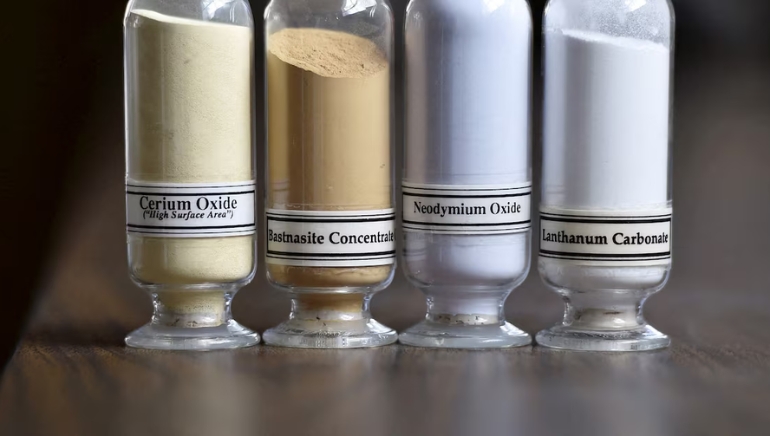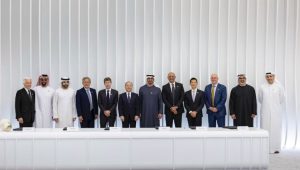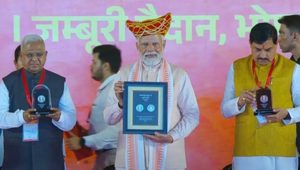Kazakhstan has reported the discovery of the country’s largest rare earth metals deposit, which could have a substantial impact on the worldwide supply of these important elements.
The deposit, located in the Karaganda region, includes roughly one million tonnes of rare earth elements, including cerium, lanthanum, neodymium, and yttrium. These materials are critical to advanced technology, renewable energy solutions, and high-tech enterprises.
The country’s industry ministry said that the overall resource estimate at the site, known as “New Kazakhstan,” might exceed 20 million tonnes with additional investigation. This statement comes just before the first EU- Central Asia summit in Uzbekistan, where global powers such as China, Russia, the United States, and the European Union compete for influence in the resource-rich region.
Kazakhstan lacks the technology to properly use its rare earth minerals, so it is actively pursuing global investment and collaborations. The European Union, which aims to achieve carbon neutrality by 2050, is increasingly interested in Central Asia’s mineral resources.
If developed, the deposit has the potential to establish Kazakhstan as one of the world’s main exporters of rare earth, further altering regional geopolitics and economic dynamics.















